Get Started for FREE
Sign up with Facebook Sign up with X
I don't have a Facebook or a X account
 Your new post is loading... Your new post is loading...
 Your new post is loading... Your new post is loading...

The Rice Process's curator insight,
March 22, 2014 4:19 PM
Inspiring and insightful. The content helps to focus on growing and living through one's strengths and character. Education is liberating and can be accomplished through character education. |

carldowse's curator insight,
August 22, 2014 6:06 AM
Reassuring confirmation of good practice based on experience

Spice Wang's curator insight,
November 18, 2013 5:50 PM
Right expectation let students have clear understanding of what they are supposed to achieve and behave. Hence, a right expectation is a good start of classroom management.
Santiago Velasco's curator insight,
May 22, 2014 8:18 PM
This article talks about 15 things that people don't expect about homeschooling. The blog says the website they got these information and links other articles that may interest you. It do not include the author. BY: Leticia Freitas |



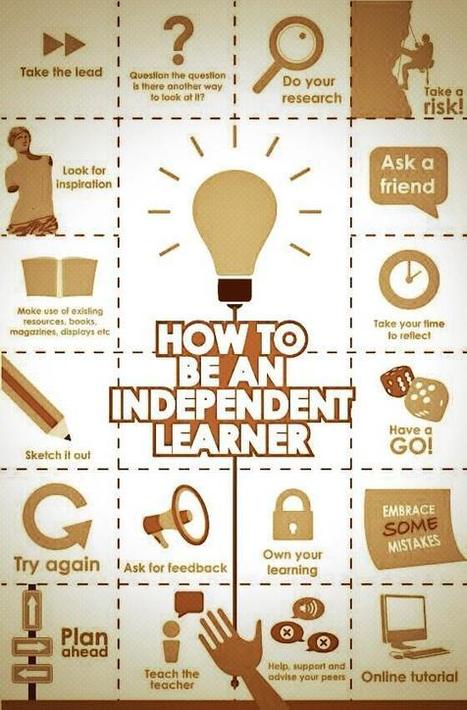

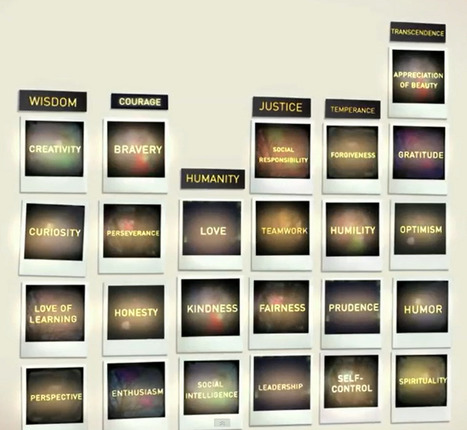
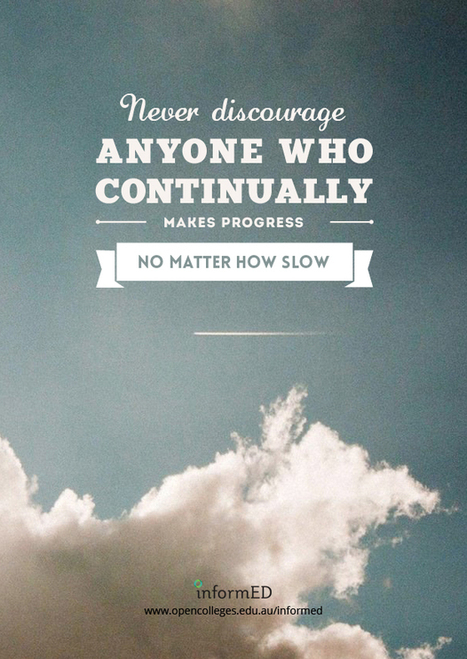


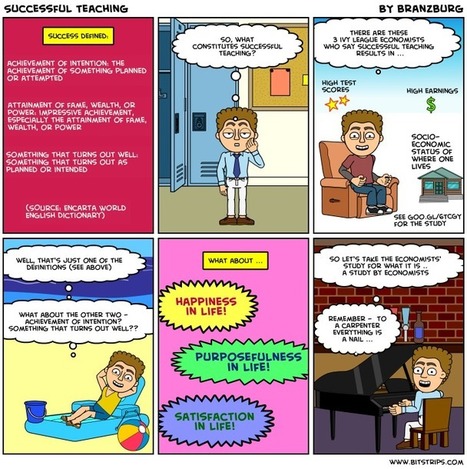
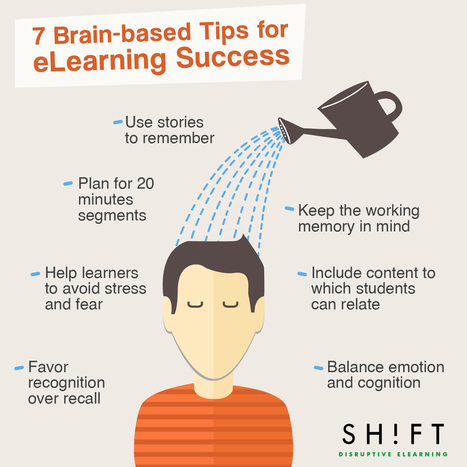





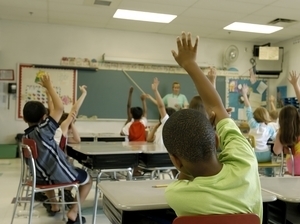
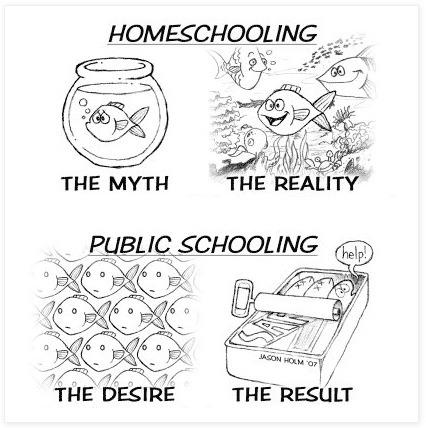





thanks ...!